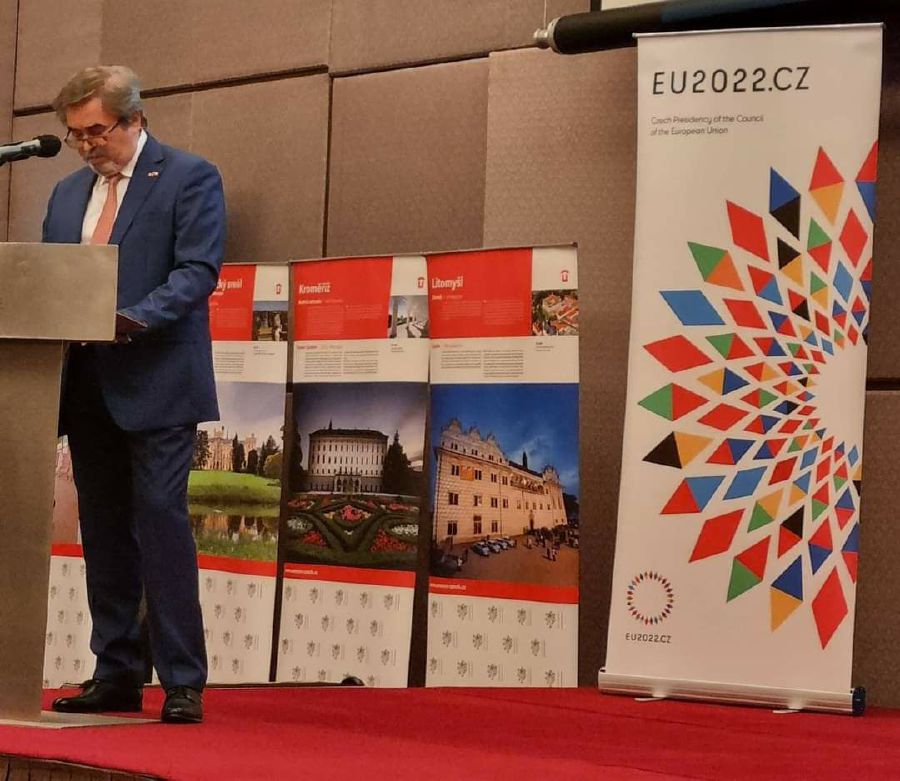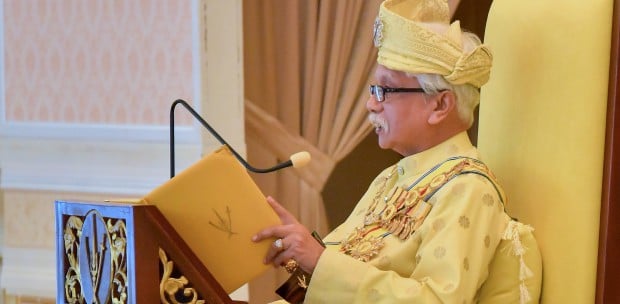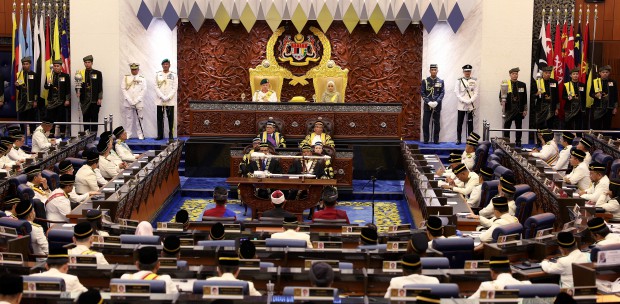KUALA LUMPUR: Asean and the European Union need to work more closely for stability, security, and prosperity of both regions.
Foreign Ministry deputy secretary-general (multilateral affairs) Datuk Cheong Loon Lai said this was more so during the current challenging time of the post-Covid-19 pandemic recovery period.
Cheong said that since December 2020, the Asean-EU relations had been elevated to the level of 'Strategic Partnership'.
"This was achieved after 45 years of active, comprehensive and multifaceted partnership.
"With regard to Malaysia-EU relations, we are proud to recognise that Malaysia and the EU have achieved a lot in the past few years.
"Likewise, Malaysia looks forward to working together with the Czech Republic in ensuring our shared commitments towards the prosperity and stability of our two regions, remain in focus," he said in his address at a reception in conjunction with the Czech Republic taking over the EU council presidency from France at Hilton Double Tree in Jalan Tun Razak.
The event was hosted by Czech Republic ambassador Milan Hupcej, whose country would hold the presidency for the second half of this year.
Cheong said that Malaysia's relationship could be traced back to the formation of the European Economic Community (EEC) in 1957, the precursor of the 27-member EU today.
"Malaysia enjoys excellent relations, not only with individual EU member states but also with the EU as an institution.
"We have become good and reliable partners and our relations have gone beyond trade and business," said Cheong.
On the Malaysia-EU 'Partnership Comprehensive Agreement', he said Malaysia looked forward to the early conclusion of the agreement.
"It is our fervent hope that this Partnership Comprehensive Agreement will be a platform in enhancing cooperation in multiple areas, including palm oil and other commodities.
"As for the Malaysia-EU Free Trade Agreement, we acknowledge the potential benefits of this agreement to boost and enhance two-way trade and investments.
"This agreement will indeed improve competitiveness and allow better market access.
"Therefore, we are confident that the prospect to resume negotiations will be soon, once fresh mandates and flexibilities become available for both sides," Cheong said, adding the 'Second Joint Working Group Meeting' between EU and Asean was also successfully held on June 28.
That meeting, he added, served as a strategic and meaningful platform for both parties to continuously engage in achieving mutual understanding on sustainable production of vegetable oils in both regions.
On Malaysia-Czech Republic ties, Cheong said they enjoyed warm and cordial bilateral ties for 51 years, since Sept 16, 1971.
"In the central European region, the Czech Republic is considered as one of Malaysia's most important trade partners with total bilateral trade valued at RM4.5 billion (US$1.085 billion) in 2021, which increased by 30.7 per cent from the previous year (RM3.446 billion, or US$ 820.25 million)," he said.
Cheong also highlighted the Czech Republic's initiative in hosting the first 'High Level Dialogue on the Indo-Pacific' in Prague on June 13-14.
"Through such a platform, Asean including Malaysia could further explore opportunities with the EU, as well as strengthen cooperation and networking with other Indo-Pacific countries.
"It is our ardent hope that a stronger Asean-EU cooperation will contribute towards the peace, stability, prosperity and security in the region," said Cheong.






